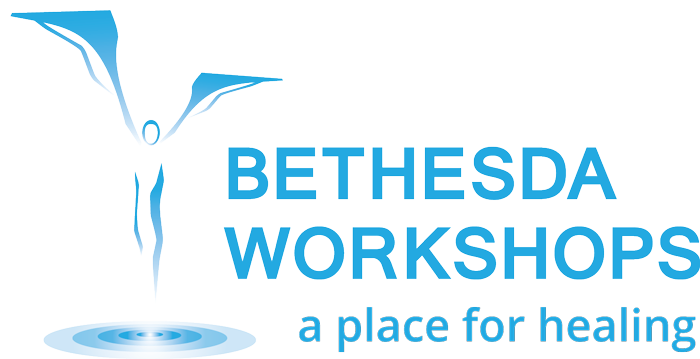As a therapist you have a hard job sometimes.
Many people will go their lifetime only hearing a fraction of the stories you hear, even a year into your practice. They will not be exposed to the many hours of suffering you are witness to as you work each day. Stop and think about that for a moment. Let it settle in what you are asking of yourself. In typical life, any type of intimacy is within the context of a relationship in which ideally, both get to share and be heard. There is a symbiotic flow of natural community that exists. We are designed to comfort from our suffering (experience) and be comforted by others from their suffering (experience). In the professional/pastoral counseling world, that is not how it works. We listen and hold space. We encourage, we challenge, we support those we work with. We generally do not share our story and we certainly do not expect clients to carry our burdens. It is an incredibly rewarding job, but it takes its toll.
Did you know that according to Dr Christina Maslach there are multiple levels/stages of burnout? We think of burnout as something that either is or isn’t, but it is a process. Some of the early stages of burnout are emotional exhaustion, depersonalization (or cynicism), and reduced personal accomplishment (therapist feels reduced sense of competence). Each of these stages progresses, building upon the last until the final stage. The final stage is marked by a comprehensive form of depletion that is then labeled burnout. This stage is difficult to repair. The key is to intervene during earlier stages. It would be easy to attribute any level of the burnout spectrum to the amount of pain and suffering we encounter daily. That is absolutely a very real part of it, but not the whole story.
You see, studies suggest that therapist beliefs also play a part in the emotional exhaustion we feel. Thoughts like, “If my clients do not progress, it is my responsibility.” Or “I must not make mistakes in therapy, or “I’ve failed.” (McLean et al.) Even though we may not really believe these statements, isn’t it so easy to operate under them? Our clients sometimes have these expectations of us as well. I am not implying that we blame ourselves (or our clients) if we are on the burnout continuum, in fact maybe we can do the opposite.
Maybe we can release ourselves from our own expectations of the counseling process. Maybe we can embrace that our presence, not performance, is most healing. Maybe we can understand that it is not us that causes change but One more powerful that does. Maybe we can be honest that intimacy is both profound and exhausting at the same time. Maybe we can be more selective with the type or number of clients we see. Maybe we can embrace that counseling is an incredible field to work in but is inherently depleting. When we can do these things, we can take important steps in staying energized.
If you are reading this and are feeling any of the levels that lead to burnout, tell someone. We are not meant to do life alone personally or professionally. I promise you are not the only therapist you know that is feeling something similar. As you care for others in your practice, allow yourself to be cared for as well.
